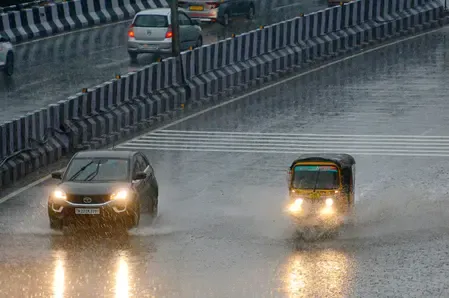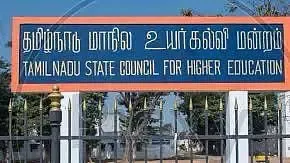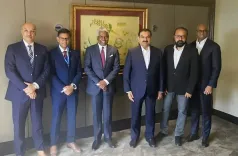Is Thiruvananthapuram Medical College Still Stuck in 1986?

Synopsis
Key Takeaways
- Thiruvananthapuram Medical College has not improved since 1986, according to Dr. Haris Chirakkal.
- The recent death of a cardiac patient has raised serious concerns regarding patient care.
- New evidence contradicts the hospital's claims about the delay in treatment.
- Calls for transparency are essential to restore trust in healthcare.
- Systemic issues in public healthcare remain a pressing concern.
Thiruvananthapuram, Nov 8 (NationPress) The Thiruvananthapuram Medical College Hospital (MCH) in 2025 remains “unchanged since 1986,” according to senior urologist and prominent whistleblower Dr. Haris Chirakkal. This statement comes amidst rising public outrage over the recent death of a cardiac patient, which was allegedly due to delayed treatment.
“I first stepped into this institution as a medical student in 1986. Even today, patients are being forced to lie on the floor — just as they were back then,” he remarked, sharply criticizing the recent passing of Venu, a cardiac patient.
“How can a patient receive adequate care while lying on the floor?” Dr. Haris questioned, labeling the incident as a stark reflection of the system's deterioration.
This backlash follows the death of Venu (48), a resident of Panmana in Kollam, who was admitted with severe chest pain and reportedly denied an angiogram for five days before succumbing on Wednesday.
His family has accused the hospital of severe negligence and has lodged complaints with both Chief Minister Pinarayi Vijayan and Health Minister Veena George.
In a significant turn of events, newly uncovered medical records have contradicted the hospital’s claim that treatment was delayed due to abnormal creatinine levels.
The documents reveal that Venu’s creatinine levels were within the normal range, challenging the assertion that an angiogram could not be performed for medical reasons.
In light of this controversy, Health Minister Veena George has ordered a preliminary investigation and instructed the Director of Medical Education to prepare a comprehensive report.
Despite this, hospital authorities continue to deny any fault in patient care.
The incident has reignited focus on systemic issues at the Medical College—concerns that Dr. Haris has long voiced.
In June 2025, he publicly highlighted the lack of essential surgical equipment, which resulted in delays for operations and prompted a departmental investigation.
Subsequently, he received a show-cause notice, perceived by many as a punitive measure.
Dr. Haris asserts that he had consistently raised these concerns through official channels, including with the Health Minister, prior to going public.
“Restoring public trust in this institution requires transparency,” he stated.
The dual developments—the death of Venu and the emergence of conflicting medical records—have intensified scrutiny of the hospital's operations.
For the government, which has committed to modernizing public healthcare, this case now serves as a crucial test of accountability and credibility.
Meanwhile, Health Minister Veena George—a former journalist—is facing significant backlash, with the Congress-led UDF calling for her resignation, asserting that she has “failed miserably” while still claiming that Kerala is the best in the country for healthcare.









